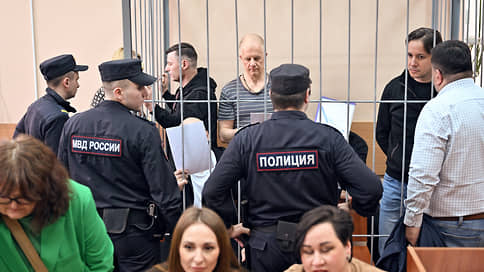Hollywood also took part in the Vietnam War
Many FIMs have been made about the war to introduce or even alleviate reality. Thanks to Chuck Norris and especially Sylvester Stallone, Americans achieved more success in the cinema than their soldiers in the jungle war.
The first Vietnam movie was made by America’s national cowboya, John Wayne, of course in western style. The Green Caps (1968) is no more than well-made propaganda films, where Indians were replaced by Viet Kongs and Winchers were replaced by the M16 rifle. The view of Wayne’s Vietnam Westerns became overpowering almost at the time of his birth, as the germs that led to the rebellion of the youth of the era and the openness of war. Its basic film is strawberry and blood (1970), while in documentaries, Vietnam is American eye. But there were still few filmmakers who dared to say his opinion about Vietnam and dared to question the legitimacy of the war.
Ballad of green caps
One of the first swallows was Elia Kazan. Visitors (1972), in which the emergence of two former veteran warriors interrupts old memories and wounds in the small town. Or there is the most beautiful day of our lives in Catonsville, which protests the war against war (1972). While in the early seventies, such films were successfully prevented from reaching the general public, no one and nothing had been in the way from the end of the decade to anyone who wanted to talk about Vietnam. With the end of the war, America became of legal age, Hal Ashby’s anti -war work is home, and Michael Cimino’s film, the great debate, was the beginning of the deer hunter. The apocalypse is now the end. Francis Ford Coppola’s monumental opus presents the frenzy of the war in an amazingly realistic way.
The riding of the Valkyans in the movie Apocalypse Now
Then they began to rewrite history in Hollywood. The filmmakers found the only acceptable form for defeat, which was nothing more than victory. The people needed heroes, and the government needed it. Reagan’s conservative worldview changed the political atmosphere and made it possible to make this war be legitimate. Colonel Braddock (disappeared in the battle), Rambo and others tried to restore the honor of the world’s largest nation, punishing the Vietnamese for defeating and humiliating America. We once laughed at Soviet partisan films, battles without heroic dead, and primitive enemies. And here we got the same schematic picture, in the main role of a tricky popcorn packaging, with a turbo technique, Hollywood’s number one action stars in the lead.
While America still lived in the enchantment of super heroes’ super -adventures, the stage (1986) was screamed. Oliver Stone’s bustling work is an autobiographical story of ten -few ordinary soldiers who fight mostly invisible enemies while rivaling the officers breaks down their lines. Thus, the mental and physical misery of American soldiers fighting in Indochina has never been perceived.
We thought the section would be a movie for reconciliation. But the opposite happened. A terrible series of shooting in the cameras began in the Philippines jungle. He was « traveled » in a happy-unhappy Vietnam, a new sub-genre was born within war films. Stone’s success was bombarded by boulevards, dozens and Bstars. However, some masterpieces have slipped like a steel shot (1987), good morning, Vietnam! (1987), born July 4 (1989) and the soldiers (2002).
Broadcast 1 is good morning in Vietnam!
The vision of Stanley Kubrick, the steel shot, presents the process of making emotional puppets and killing machines from intelligent people, rookies. And we see them in the midst of aimless killing. However, the message of the film goes beyond Vietnam and questions the meaning of every war. However, there is also a movie that figures out movies about Vietnam. The tropical storm is both satire, and even a parody of the apocalypse now, the section, the deer hunter and other creations.
In fact, the Vietnam War did not begin in 1964. The Vietnamese have been in constant fighting with the Japanese, then the French, and finally against the Americans since 1940. The American intervention began with military subsidies to the French, and after the Gauls were defeated and expired. The Tonkin Incident of August 1964 provided a basis for the leading political force to legalize the secret, illegitimate war. The Americans paid an expensive price for the Vietnamese adventure. More than 2.5 million people served in Vietnam, 58,000 of them fell or disappeared during deployment, and then 300,000 were injured. After the war, the situation was even more serious, with 60,000 committed suicide, and 1.75 million were in need of psychiatric treatment.
Is it possible to say something smart and lessons about the Vietnam War-especially in the light of the Ukrainian war (just because it is a matter of time and the films will come)-which has no limit (all but everyone). According to Brian de Palma, director of the victims of war, Vietnam was a distorted, turned world in which the normal things in which one believed were no longer valid. … everyone is the victim of war, the war that gave birth to heroes and rogues.




